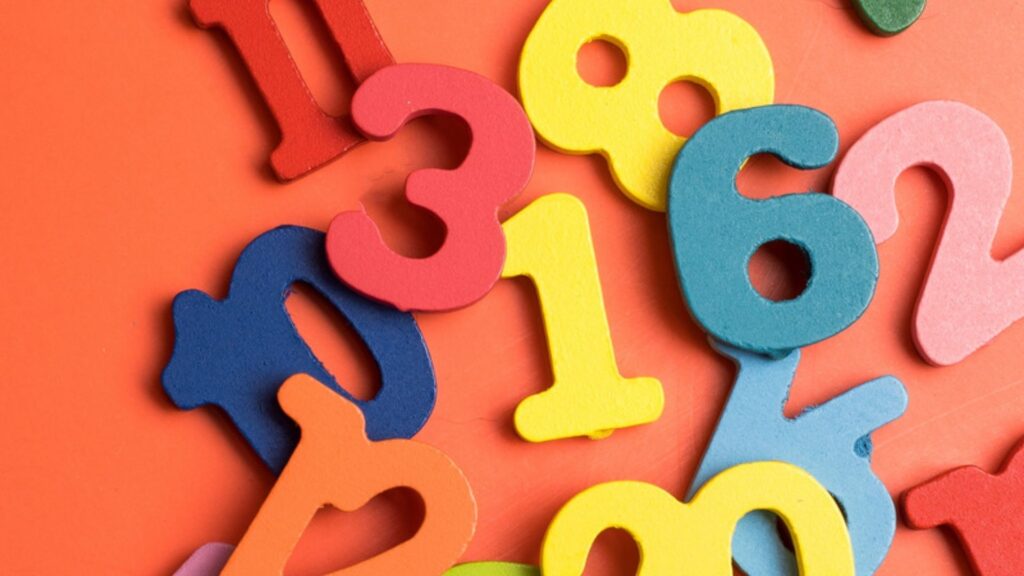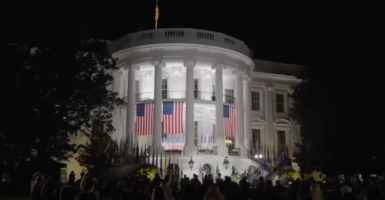School Pilot Programs Teaching 1 Year Olds Math
Early childhood educators are learning to train toddlers as young as one basic math concepts to prepare them for school.

For many students, math can be the most challenging subject to master. For many parents – and even educators – helping stressed children comprehend and excel in the world of mathematics can be a difficult task. To combat this, many excerpts in the field believe that the subject should be taught at younger ages. We’re not talking preschool, or even at the toddling age of two. Some deem one as the ripe age to start individuals off in the world of math comprehension, and schools in California are leading the way in this new initiative to test the theory out.
A new early math initiative is transforming early education in the state of California. It’s bringing math concepts into everyday interactions at pre-schools and daycares, starting with children one and under. In its short existence, educators have already seen vast benefits, and are hopeful that it will mold these young minds for a lifelong better understanding and achievement in math subjects.
Babies understand a lot more than we often think. Even before they can talk, those young, fast-developing brains can comprehend what we say to them. Math is all around us. Taking opportunities to discuss simple math concepts with 1-year-olds, or younger, can set the stage for their math success in the years to come.
Understanding this concept, a California program was made available through state funds. It is called the Early Math Initiative, and it was developed by the AIMS Center with the help of the state Board of Education. The pilot program has trained early childhood educators on how to engage with young children about math concepts. It even has resources for parents who want to get a better understanding of the idea.
The Lighthouse Child Development Center is piloting the math initiative for young children. Here, early childhood educators use spatial relationships to teach 1-year-olds math. This concept refers to how babies discover their world and comprehend how objects and people move in relation to each other. Think in terms of phrases like in/out, up/down, empty/full.
Children as young as one may not yet be able to count, yet alone say numbers, but taking every opportunity to use numbers surrounding babies will set them up for success later on. Speaking with EdSource, one Lighthouse educator, Brittany Montelongo, see’s vast potential in the program. She has a young toddler she uses this concept with outside of the classroom. She uses some examples of how she incorporates math into everything they do together, including grocery shopping and counting produce.
It’s still too early to quantitatively measure if using these early math concepts will show student success down the road, but educators participating in the pilot assert that they have already seen a difference in the young children. According to a 2019 report from the Public Policy Institute of California, more than half of all students in the state are failing to achieve math standards. The hope is that by giving early childhood educators and parents more tools, and a better understanding of simple, everyday math concepts, children will be set up at a young age to excel in the subject.



